Introduction to Lymphatic Filariasis and Albendazole
Lymphatic filariasis, also known as elephantiasis, is a devastating parasitic disease that affects millions of people worldwide. It is caused by thread-like worms that invade the human lymphatic system, leading to severe swelling and disability. The disease has been targeted for eradication by the World Health Organization, and one of the key medications in this effort is albendazole. In this article, we will explore the role of albendazole in the eradication of lymphatic filariasis, and how it is being used to combat this debilitating disease.
How Albendazole Works Against Lymphatic Filariasis
Albendazole is an anthelmintic drug, which means that it works by killing parasitic worms. It is particularly effective against the adult form of the worms that cause lymphatic filariasis. Albendazole works by inhibiting the worms' ability to absorb glucose, which is essential for their survival. As a result, the worms are unable to maintain their energy levels, eventually leading to their death. This helps to reduce the number of worms in the human body, thereby alleviating the symptoms of lymphatic filariasis and preventing further transmission of the disease.
Combining Albendazole with Other Medications
While albendazole is effective against adult worms, it is not as effective against the immature, or microfilariae, stage of the worms. This is why it is often combined with other medications, such as ivermectin or diethylcarbamazine, in a strategy known as mass drug administration (MDA). This combination of drugs works synergistically to target both adult worms and microfilariae, effectively reducing the overall worm burden in affected communities. By administering these medications on a large scale, the hope is to interrupt the transmission cycle of lymphatic filariasis and ultimately eradicate the disease.
Mass Drug Administration and Community Participation
Mass drug administration is a crucial component of the global effort to eliminate lymphatic filariasis. This involves providing free treatment with albendazole and other medications to entire communities in areas where the disease is endemic. However, for MDA to be successful, it requires the active participation of the community members. This includes raising awareness about the disease and its treatment, as well as encouraging people to take the medications as prescribed. Community health workers play a vital role in this process, as they are responsible for distributing the medications and providing education about the importance of compliance with the treatment regimen.
Monitoring and Evaluation of Albendazole's Impact
As the global community works towards the eradication of lymphatic filariasis, it is essential to monitor and evaluate the impact of albendazole and other medications on the disease. This involves conducting regular surveys in affected areas to assess the prevalence of the disease and the effectiveness of the mass drug administration efforts. By analyzing the data collected from these surveys, public health officials can identify areas where the disease is still prevalent and adjust the MDA strategy accordingly. This ongoing monitoring and evaluation process is critical to ensuring that the global goal of eradicating lymphatic filariasis is achieved.
In conclusion, albendazole plays a crucial role in the fight against lymphatic filariasis. Its effectiveness against adult worms, combined with other medications targeting microfilariae, make it an essential component of the mass drug administration strategy. With the continued support of communities and the diligent monitoring and evaluation of progress, the eradication of this devastating disease is within reach.
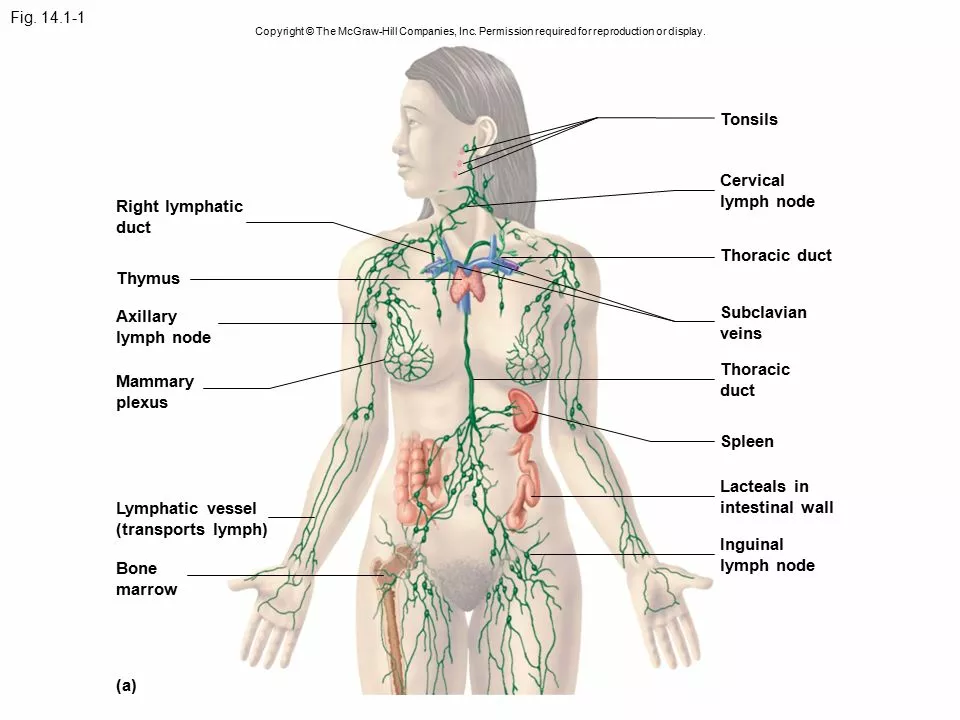
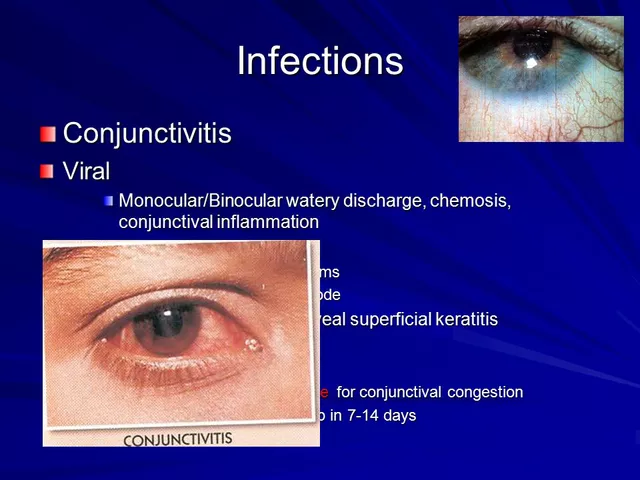

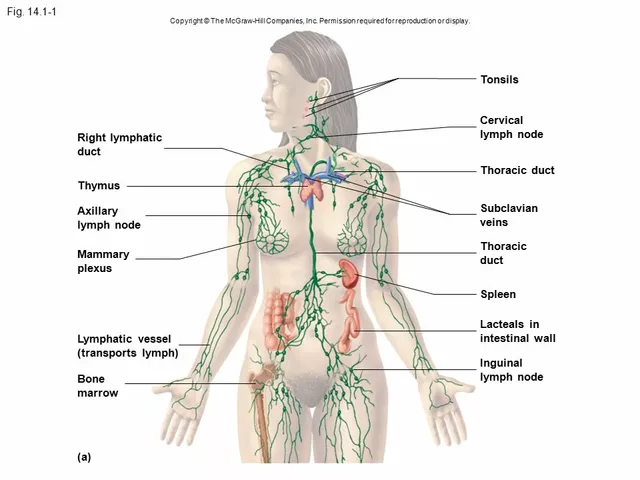
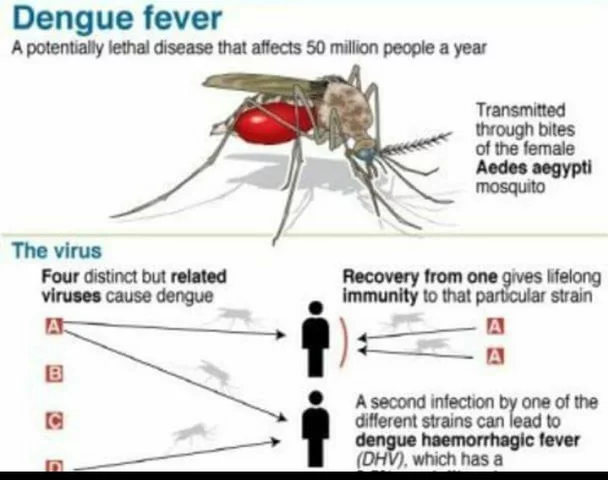
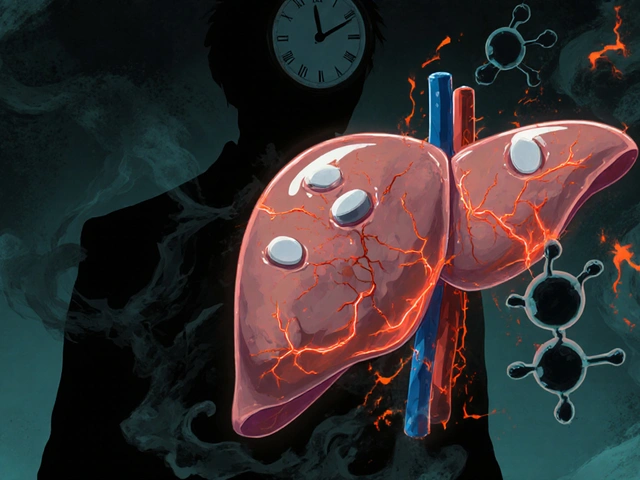



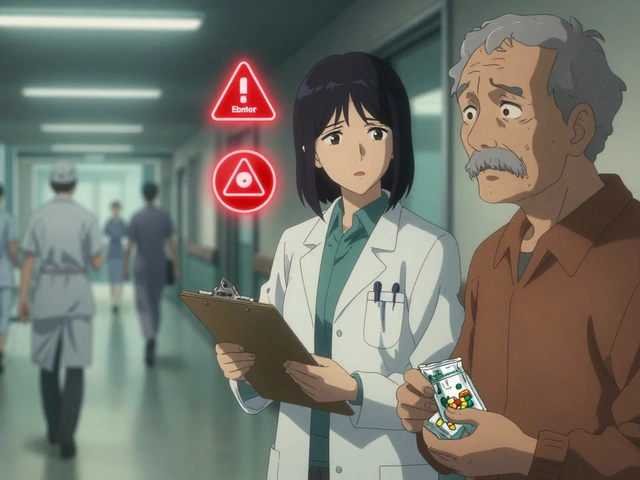

Rajinder Singh April 26, 2023
Albendazole stands as a cornerstone in the WHO's strategic blueprint for lymphatic filariasis eradication; its capacity to target adult worms directly translates into measurable reductions in disease burden across endemic regions. When integrated with ivermectin or diethylcarbamazine, the regimen amplifies its impact, ensuring that both mature parasites and microfilariae are addressed within a single treatment cycle. National health ministries must therefore prioritize securing consistent drug supplies and coordinating mass drug administration campaigns with precision. By aligning logistical frameworks with the pharmacological strengths of albendazole, we can accelerate progress toward the 2025 elimination target.
Samantha Leong April 27, 2023
The communities most affected by lymphatic filariasis often grapple with stigma and limited access to care, making the role of albendazole not merely a medical intervention but a catalyst for social inclusion. Empirical studies have demonstrated that regular MDA rounds improve quality of life indicators, such as mobility and occupational productivity, thereby fostering economic resilience. Moreover, culturally sensitive education initiatives that accompany drug distribution enhance adherence and mitigate misconceptions about side effects. It is essential that program designers incorporate local languages and traditions to maximize participation and trust.
Taylor Van Wie April 28, 2023
While the global narrative praises albendazole, it is grossly negligent to overlook the vital contribution of indigenous medicinal practices that have sustained populations long before Western pharmaceuticals intervened. The overreliance on imported drugs perpetuates a dependency that undermines national sovereignty and hampers the development of homegrown solutions. Our health agencies must champion domestic research endeavours, ensuring that any drug regimen, including albendazole, is supplemented by locally derived adjuncts that respect our heritage. Failure to do so is an affront to the very people we claim to serve.
carlee Lee April 29, 2023
Integrating local language materials into MDA campaigns markedly boosts compliance.
chuck thomas May 1, 2023
The fight against lymphatic filariasis offers a profound illustration of how biomedical interventions intersect with the broader tapestry of human well-being.
The role of albendazole, by incapacitating the adult worms, interrupts a life cycle that has plagued generations, yet its success is inseparable from the social structures that deliver it.
When we examine the epidemiological data, we observe a steady decline in microfilarial prevalence in regions where mass drug administration is consistently implemented.
This trend, however, is not solely attributable to the pharmacodynamics of albendazole.
Community engagement, trust in health workers, and the removal of logistical barriers collectively shape the observed outcomes.
Philosophically, this underscores a central tenet: no drug can achieve its full potential in isolation from the people who receive it.
Therefore, program designers should prioritize participatory approaches that empower locals to become active agents rather than passive recipients.
Training community health volunteers to communicate transparent information about dosing schedules cultivates a sense of ownership.
Moreover, integrating monitoring and evaluation mechanisms that incorporate community feedback enables rapid adjustments to strategy.
The ethical dimension also demands that we address the occasional adverse reactions with compassion and prompt medical support.
By doing so, we reinforce the legitimacy of the intervention and reduce fear-driven hesitancy.
From a public health perspective, the synergistic pairing of albendazole with ivermectin or diethylcarbamazine remains a scientifically validated paradigm.
Yet, continued research into new drug combinations and resistance patterns is indispensable to sustain long-term efficacy.
Investment in genomic surveillance of the parasite may reveal emerging variants that could compromise current regimens.
In parallel, strengthening supply chain resilience ensures that drug shortages do not derail progress.
Ultimately, the eradication of lymphatic filariasis hinges on a harmonious blend of scientific rigor, cultural sensitivity, and unwavering political commitment.